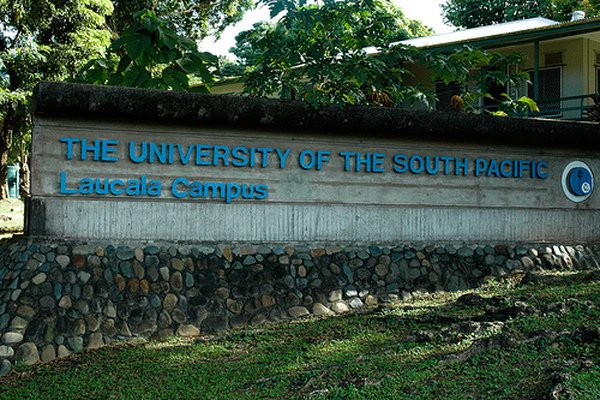Dr. Rosiana Lagi, the Deputy head of the School of Pacific Arts at The University of the South Pacific (USP), is a proponent for incorporating multiple intelligences theory into the education system in Fiji, an island country in Melanesia, part of Oceania in the South Pacific Ocean. In a recent interview with FBC News, Dr. Lagi describes why she believes an MI-based approach to education gives children the best opportunity to thrive and grow.
“It helps students be creative in their thoughts and in the things that they do,” Dr. Lagi says. “[They] have a high self-respect for themselves…because they know what they are doing is useful and important.”
Dr. Rosiana Lagi
In the interview, Dr. Lagi raises a few potential concerns she has for children receiving an education in Fiji—issues she has observed in her time as a leader in various academic spaces. “When our children are growing up,” she says, “they learn through play, they speak to objects, they speak to an imaginary audience…when it comes to school, these things are discouraged because we are content-driven.”
Dr. Lagi believes schools should incorporate exploration of students’ multiple intelligences into the curriculum. At USP, she encourages other teachers to build into their lesson plans diverse activities that use various intelligences and strengths. She highlights the arts—particularly singing and dancing—as engaging mediums to experiment with.
Learning of Dr. Lagi’s advocacy, we were reminded of the good work being done by MIS (Multiple Intelligence School), a private primary and secondary school based in Suva in the Fiji Islands. You can find more information about MIS’s efforts on their website’s welcome-page.
It’s always exciting to discover new examples of MI theory’s widespread impact, and to hear that it’s being considered and applied in places far beyond the U.S. We are glad to read about Dr. Lagi’s championing of MI theory as a way to enhance early childhood education in Fiji. We hope that both her ideas and drive to improve student learning continue to find support.



